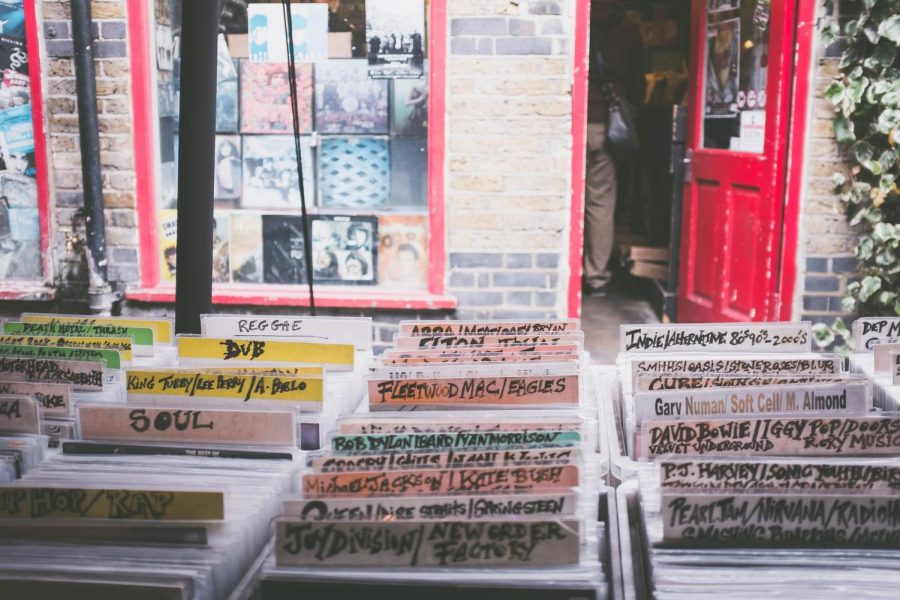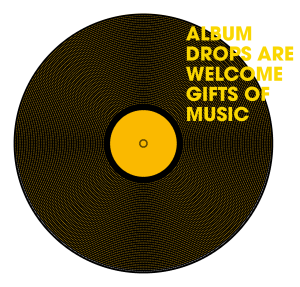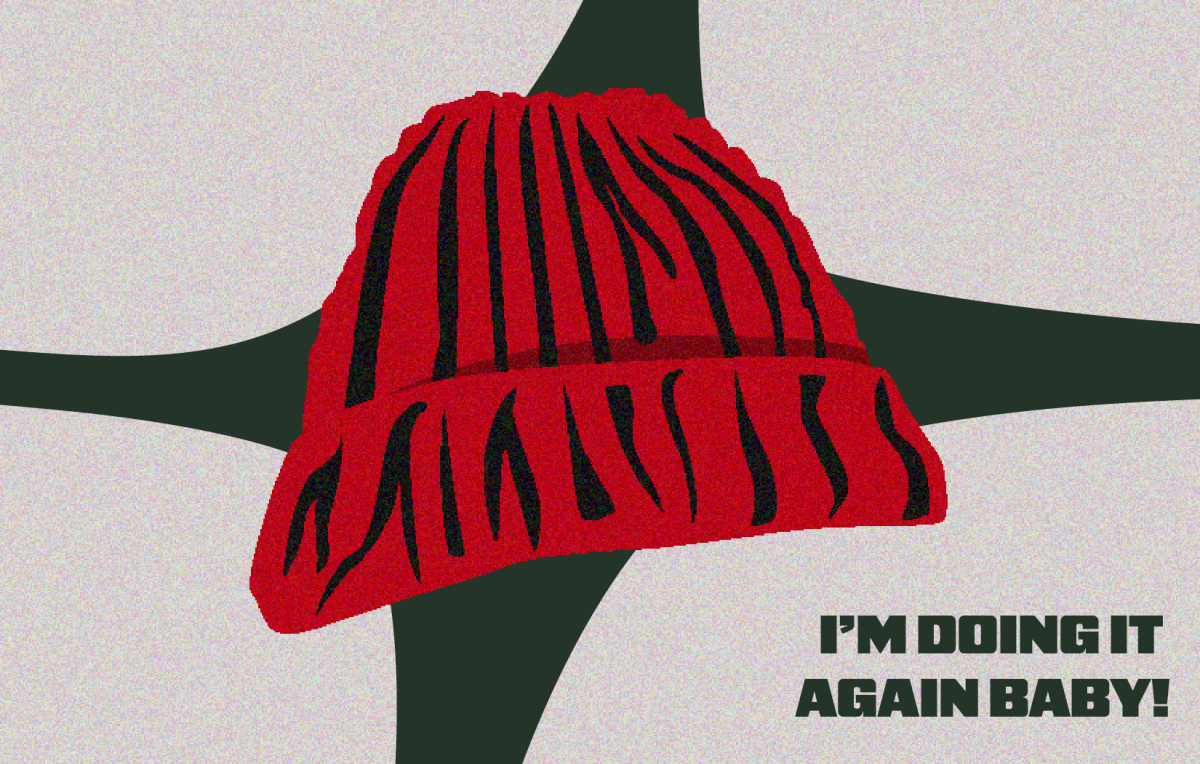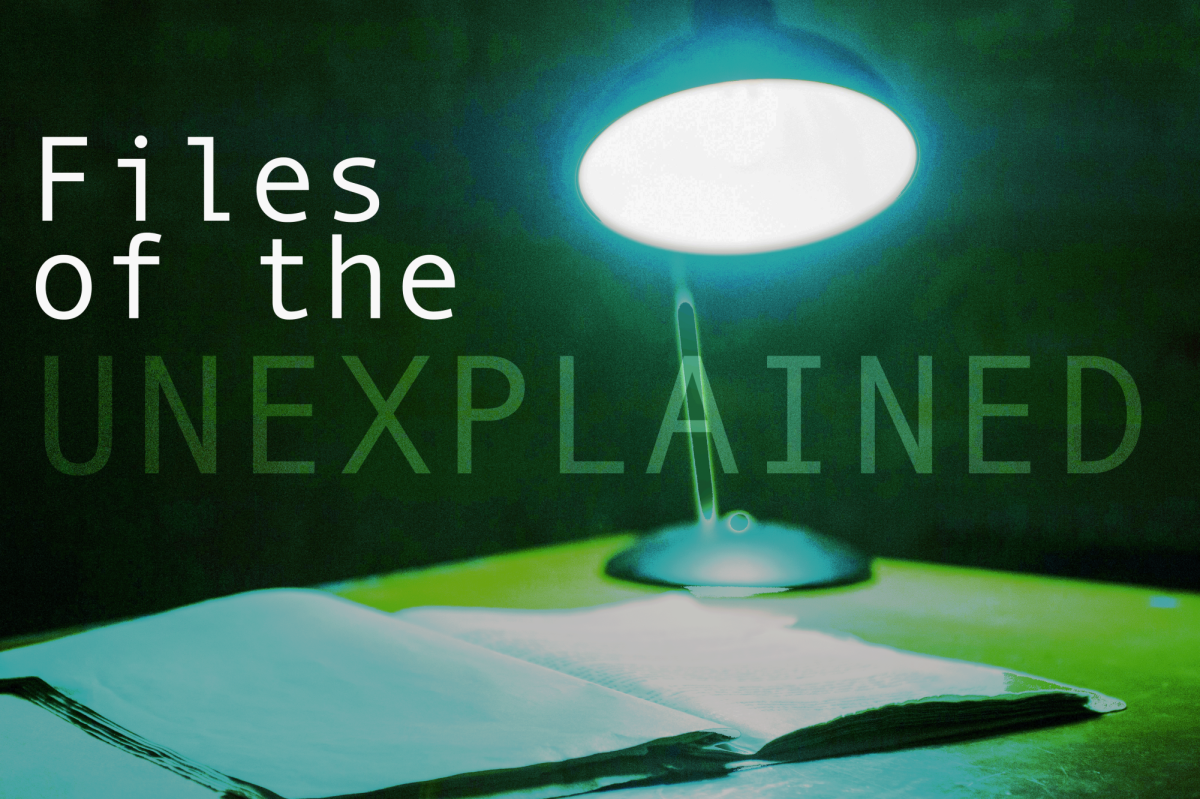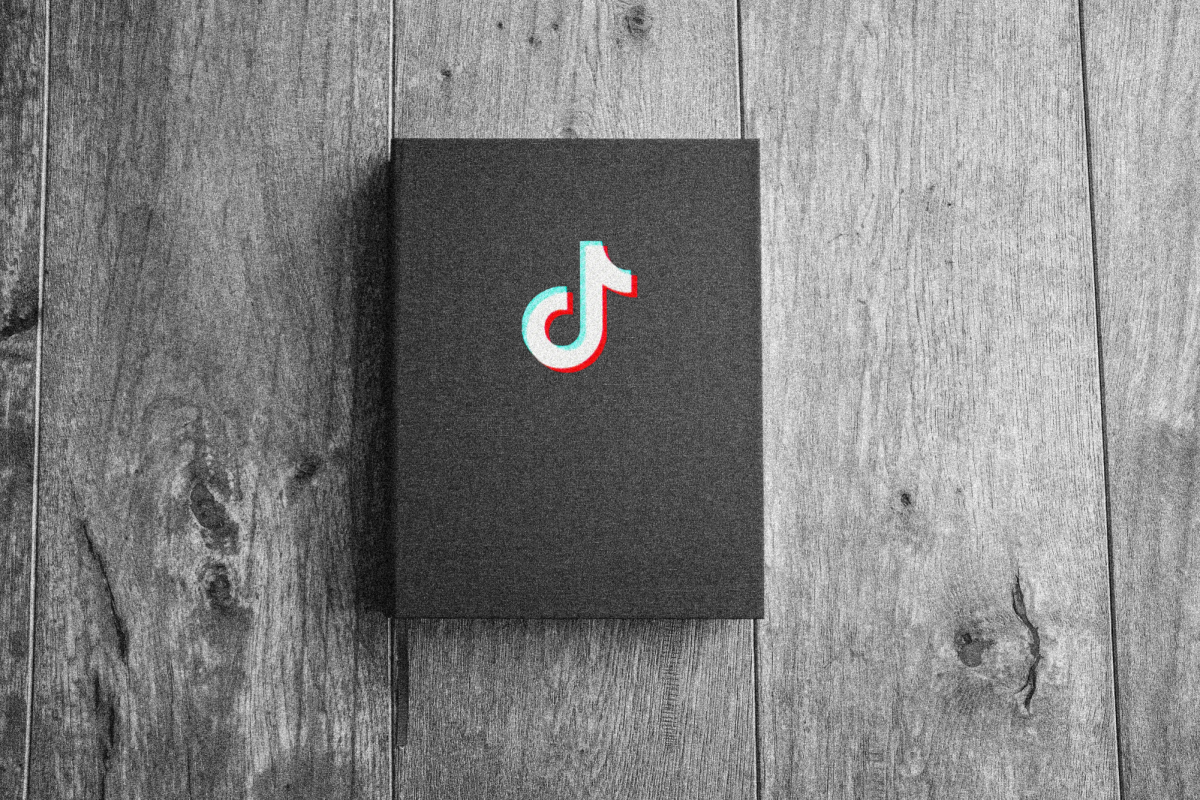Surprise! Planned Album Drops are More Fair to Artists and Fans Alike
February 28, 2021
Shock value has a big grossing potential in the media. Much of our news coverage, social media posts, and scripted entertainment are created to catch attention, and the music industry employing a “surprise album” is no different.
We’re used to the surprise album now — in 2020 alone we got Ariana Grande and Childish Gambino albums, and not one, but two Taylor Swift projects — the idea was pretty revolutionary in the early 2000s. Like Paul Revere level revolutionary — it’s a riding a horse and shouting in the streets-type beat.
Radiohead, a band I associate entirely with the 2007 “Rock Band” release, is popularly credited with the first surprise album. They gave fans 10 days’ notice to prepare for their sophomore album, “In Rainbows.” The band even implemented a “pay what you want” system for purchasing, another huge middle finger to the music industry at the time.
Traditional Release Promotion
In the United States, there are three major record labels (“The Big 3”): Universal Music Group, Sony Music and Warner Music Group. When an artist signs to one of these major labels, they can expect a traditional schedule: three to four months before the album is set to release, they announce and release a single or two — lately it’s on Twitter, but people used to send emails, set up presentations in record stores and other outdated stuff like that. Two months out, they announce tour dates plus another single or two, and weeks before the release they beef up their public appearances. When the album finally drops, fans are champing at the bit to spin their vinyl or play the CD.
In the time between an album announcement and release date, artists (and their labels) had room for creativity. One of my favorite release experiences was Childish Gambino’s “Because the Internet.” In leading up to the 2013 album, he released album art — a short film and screenplay. Gambino dressed like the character from his story in interviews and even created a website, ‘becausetheinter.net,’ that pushed fans to learn how to code in order to find song titles and features. You can see a series of Redditors psychoanalyze the album and its release here, but in short, it was a lot of fun.
Taylor Swift also has a history of incredible album promotion. The “Red” album was an especially fun ride, with Swift releasing a song each week. In anticipation of “Lover,” she sent fans on a scavenger hunt, digging through music videos and lyrics to guess track titles. With these releases, we got artwork, photos, behind the scenes and — most importantly — a community working together to understand the music we love.
Surprise Albums Are Products of the Streaming Era
Recently, though, with Radiohead’s example set, the rise of digital streaming brought surprise albums back en vogue. Tidal was one of the first platforms to take advantage of a musician’s crowd-gathering power, dropping Rihanna’s “ANTI” and Beyoncé’s “Lemonade.” Tidal was the only place listeners could stream either album and brought in record numbers of subscribers. The success of these surprise drops relied almost entirely on the previous success of the artist. If we weren’t all clamoring for new Rihanna or Beyoncé anyway, the music would have been drowned out by other well-promoted releases.
I’m always happy to get new music, and I’ll never dismiss a thoughtful release. However, these sudden appearances can turn beautiful projects into a flash in the pan. A surprise album, while exciting, often leaves me feeling empty — it’s silence, a collection of songs, and then silence again. On top of that, an entire album you weren’t expecting can be overwhelming: one moment I was sitting in my mom’s office completing an accounting project, and the next, Taylor Swift was knocking on my front door asking if I wanted to listen to 14 of the saddest songs she’s ever written.
Importance of Planned Releases
Though I’m sure artists love the control they gain from surprise drops and are happy to release music whenever, the fans — and the artist, too — lose a lot when they sidestep a planned release. Writers, photographers, lyricists and artists spend thousands of hours cultivating packages of content that create a foundation for an album, decorates its walls and helps it feel like a home.
When we miss the lead-up, the drawing and the photography and the interviews and the fan interaction, we miss part of the story the artist is trying to tell.


